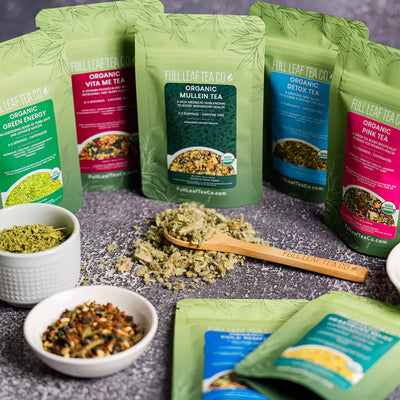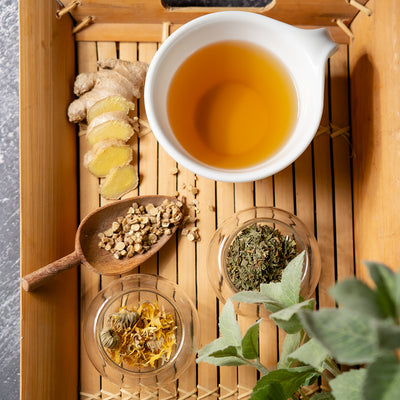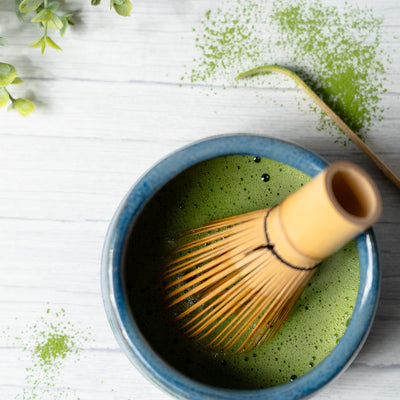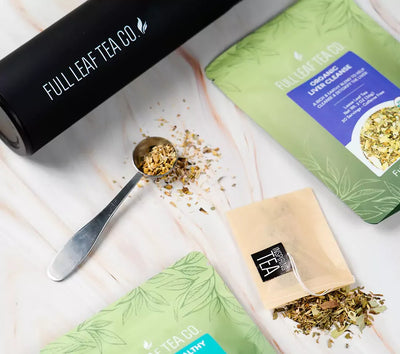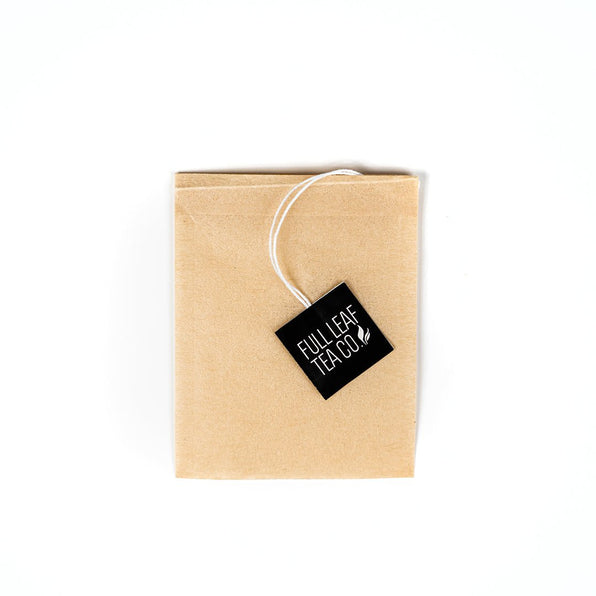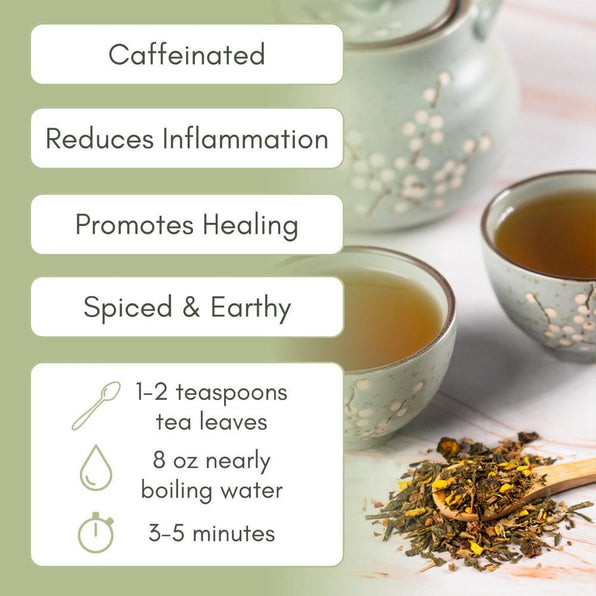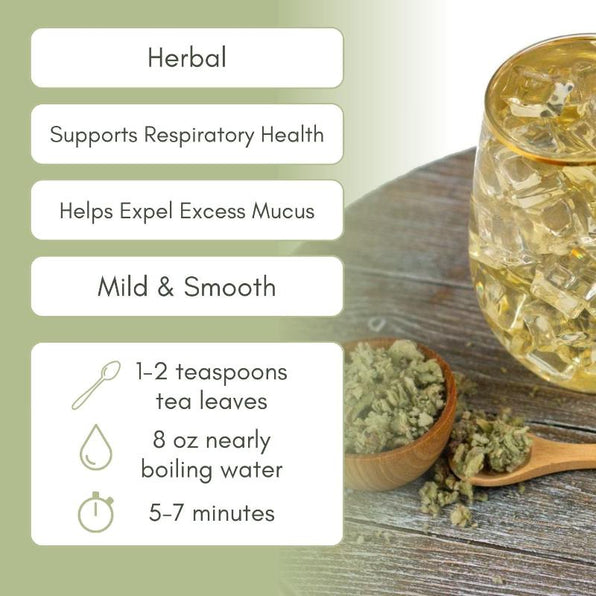When it comes to enjoying loose leaf tea, both hot and cold brewing methods offer unique experiences. Hot brewed tea delivers robust, intense flavors with a stronger aroma, perfect for quick preparation and immediate enjoyment. In contrast, cold brewed tea provides a smoother, milder taste with less bitterness, ideal for refreshing, long-lasting beverages that can be prepared in advance.
Whether you seek the comforting warmth of a hot brew or the invigorating coolness of a cold brew, understanding the differences can enhance your tea-drinking experience.
So What's the Difference Between the Teas?
Hot Brewed Iced Tea
Preparation
- Temperature: Boiled water (between 175°F to 212°F depending on the type of tea).
- Time: Steeped for 2-5 minutes, then cooled and served over ice.
- Equipment: Teapot, kettle, infuser, or tea bags.
Flavor
- Intensity: Generally more robust and intense flavors, slightly diluted by the ice.
- Bitterness: Can be more bitter or astringent, especially if over-brewed.
- Aroma: Stronger aroma due to the heat releasing more volatile compounds.
Convenience
- Time: Quick preparation (minutes) but requires cooling time.
- Portability: Easily brewed anywhere with access to hot water and ice.
Cold Brewed Iced Tea
Preparation
- Temperature: Cold or room temperature water.
- Time: Steeped for 6-12 hours (typically overnight) in the refrigerator.
- Equipment: Pitcher or jar, infuser, or tea bags.
Flavor
- Intensity: Milder, smoother flavors, not diluted by ice.
- Bitterness: Less bitter and astringent.
- Aroma: Subtler aroma compared to hot brew.
Convenience
- Time: Requires long steeping time (hours).
- Portability: Can be prepared in advance and stored in the refrigerator.


Nutritional Content
- Antioxidants: Heat can extract more antioxidants quickly, although some may be lost during cooling.
- Caffeine: Usually higher caffeine content due to the hot water extracting it more efficiently.
Versatility
- Seasonal: Preferred in warmer weather for a refreshing drink.
- Pairing: Pairs well with a variety of meals and snacks, offering a cooling complement to hot dishes.
Nutritional Content
- Antioxidants: May extract fewer antioxidants than hot brewing but retains them longer.
- Caffeine: Usually lower caffeine content due to the cold water extracting it less efficiently.
Versatility
- Seasonal: Preferred in warmer weather for a refreshing drink.
- Pairing: Pairs well with light, refreshing meals and snacks, offering a gentle and cooling beverage option.

